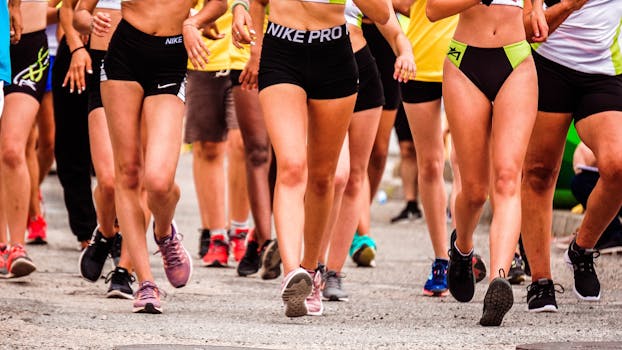
Introduction
In a world where wearable technology and smart watches are all the rage, it's easy to feel lost if you don't have one to measure your progress. But tracking your fitness journey doesn't require a watch! There are plenty of effective and insightful ways to monitor your improvements without high-tech gadgets.
Listen to Your Body
- Effort Levels: Pay attention to how hard you're working. If the same workout feels easier over time, that's progress.
- Energy and Recovery: Faster recovery and increased energy after workouts are signs that you're getting stronger.
Track Your Distances and Routes
- Landmarks: Use natural or urban landmarks to estimate distances and monitor consistency.
- Time Estimation: Work out how far you can go within a set time, using wall clocks or rough estimates.
Focus on Reps and Sets
Count your reps or sets for strength exercises. Increasing either over time reflects growing strength and stamina.
Check How Your Clothes Fit
Clothing fits can change as body composition improves. Feeling looser in your clothes or noticing new muscle tone are both positive indicators.
Keep a Simple Journal
Write down how you felt during and after each workout. Note improvements in mood, energy, or performance.
Celebrate Non-Scale Victories
- Climbing stairs without getting winded
- Playing with your kids for longer
- Sleeping better at night
Conclusion
While technology can be helpful, your body gives you all the cues you need to measure progress. Trust your intuition, record your journey, and celebrate every milestone along the way!
Comments
Post a Comment